Laying the legal foundation for safe, humane, responsible AI.
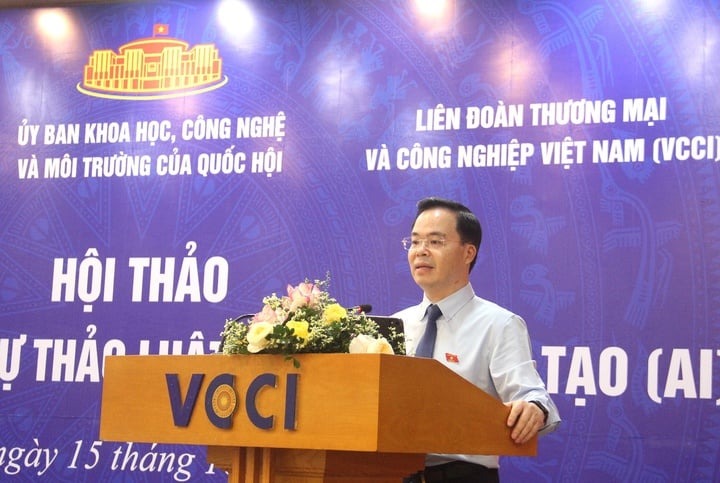
Mr. Tran Van Khai, Deputy Chairman of the National Assembly's Committee on Science , Technology and Environment.
Speaking at the opening of the workshop, Mr. Tran Van Khai, Vice Chairman of the National Assembly 's Committee on Science, Technology and Environment, affirmed that the Law on Artificial Intelligence is a law of strategic significance in the digital age, when AI has become a breakthrough technology of the Fourth Industrial Revolution.
Vietnam has identified AI as a national priority technology, playing a key role in digital transformation and knowledge-based economic development.
Mr. Tran Van Khai said that according to Resolution No. 57-NQ/TW dated December 22, 2024 of the Politburo on breakthroughs in science, technology, innovation and national digital transformation, Vietnam aims to be among the top three countries in Southeast Asia in AI research and development; gradually master a number of strategic technologies, and strongly develop AI applications based on Big Data.
However, the rapid development of AI also poses many legal, ethical, and responsibility challenges, requiring a sufficiently flexible and updated legal framework. "The law must both ensure strict management and create space for technology to develop for the benefit of humanity."
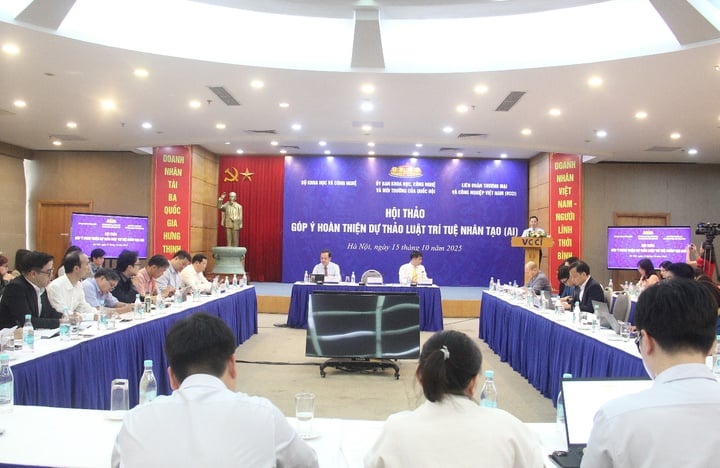
Overview of the event
Mr. Tran Van Khai suggested that delegates focus on key groups of issues, such as: Principles of human-centered AI development and application; State policies on transparent and sustainable AI development; regulations on prohibited behaviors; classification and management of AI systems according to risk levels; controlled testing mechanism (sandbox) to encourage innovation; data protection and personal privacy; public-private partnership policies in AI development, infrastructure development and high-quality human resources.
In particular, Mr. Tran Van Khai emphasized the need to soon build a mechanism to manage AI generation, determine copyright and legal responsibility for AI-generated content. At the same time, propose specific policies to encourage Vietnamese enterprises to research, produce and commercialize AI products Made in Vietnam.
"The workshop is an important forum for management agencies, experts and the business community to contribute their intelligence, experience and enthusiasm to perfect the legal framework for AI development in Vietnam," Mr. Tran Van Khai expected.
AI legal framework must be flexible to avoid stifling innovation
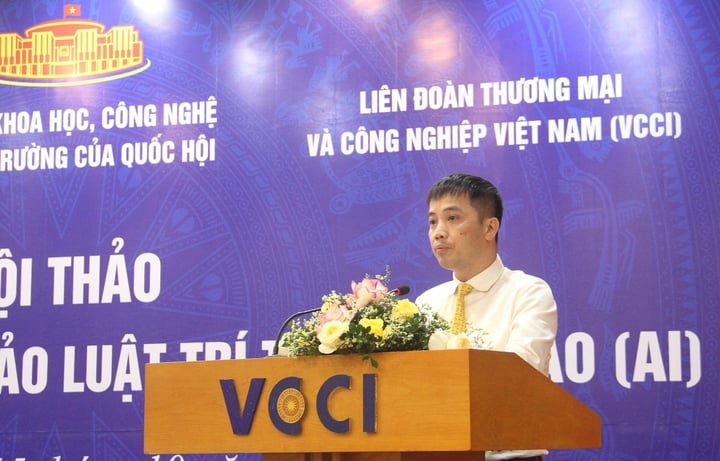
Mr. Dau Anh Tuan, Deputy Secretary General, Head of Legal Department, Vietnam Federation of Commerce and Industry (VCCI)
Sharing his views with the National Assembly's Committee on Science, Technology and Environment, Mr. Dau Anh Tuan, Deputy Secretary General and Head of the Legal Department of the Vietnam Chamber of Commerce and Industry (VCCI), affirmed: "AI is becoming a core element in the development strategies of countries, businesses and organizations around the world. The proactive development of the AI Law by the National Assembly and the Government of Vietnam is a step that demonstrates the mindset of institutional creation, embracing technological trends and opening up the space for innovation."
At the same time, Mr. Dau Anh Tuan acknowledged the efforts of the Drafting Committee, despite the very short preparation time, but it has approached international standards such as: risk-based management, sandbox, ethics and human rights, information transparency, and labeling of AI-generated content.
From a business perspective, the VCCI representative raised four major groups of recommendations for the AI Law to truly come into life:
First, ensure flexibility and adaptability in the legal framework because AI is a fast-changing field. Too rigid laws will stifle innovation.
Second, minimize administrative barriers, especially for small businesses and startups. Regulations on registration, publication, and conformity assessment need to be transparent and have a reasonable roadmap.
Third, invest seriously in data and computing infrastructure, because "data is the lifeblood of AI". Without quality data sources and strong enough computing capacity, Vietnam will depend on foreign corporations.
Finally, it is necessary to clearly define legal responsibilities in the AI chain, from developers, suppliers to deployers; there needs to be an insurance mechanism and reasonable risk allocation.
Mr. Dau Anh Tuan highly appreciated the fact that the Committee and the Ministry of Science and Technology proactively consulted widely with agencies, experts, and businesses at home and abroad – even though the shortened process was not mandatory. "This is a testament to the open, receptive approach and determination to build a specific law – both promoting innovation and ensuring safety and responsibility in AI development in Vietnam," he said.
At the workshop, delegates from domestic and foreign agencies, associations and enterprises contributed many multi-dimensional opinions, focusing on the feasibility, flexibility and ability to encourage innovation of the draft law.
Experts say that Vietnam is in the early stages of AI development, so laws need to be designed to both manage effectively and promote innovation, ensure safety, humanity and be practical.
Representatives of US and European businesses noted that the EU's overly strict, high-risk management model could hinder the development of AI services, so Vietnam should choose an approach that balances risks and opportunities, is highly flexible and friendly to innovation.
Promote development, invest in infrastructure and establish an AI Fund
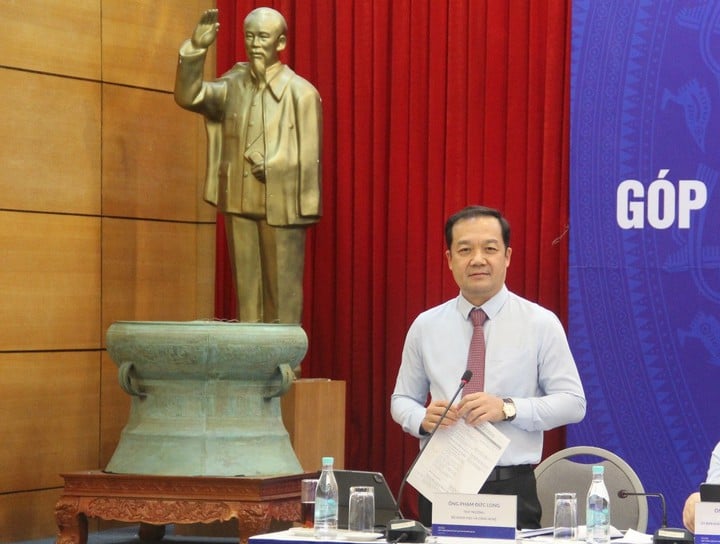
Deputy Minister of Science and Technology Pham Duc Long.
From the perspective of the drafting agency, Deputy Minister of Science and Technology Pham Duc Long highly appreciated the very practical, effective and frank contributions of delegates, experts and domestic and foreign enterprises.
Deputy Minister Pham Duc Long said that although the time to draft the Law on Artificial Intelligence is very short, the Drafting Committee is still continuously updating and perfecting the regulations to ensure feasibility and practicality.
According to the Deputy Minister, each country has a different approach: China does not have an AI Law but has a detailed regulatory system; Europe has strict management to protect consumers but that somewhat slows down the development process. Vietnam will refer to the approach of minimum management - maximum promotion, focusing on development.
The State will invest in national AI infrastructure, develop data warehouses for AI training, and consider establishing an AI Development Fund to support businesses in researching, applying, and commercializing "Make in Vietnam" AI products.
Concluding the workshop, Vice Chairman of the National Assembly's Committee on Science, Technology and Environment Tran Van Khai said that the presiding agency will synthesize all comments and closely coordinate with the Ministry of Science and Technology to absorb and revise the draft Law on Artificial Intelligence, ensuring that when submitted to the National Assembly at the 10th Session, it will be suitable for practice, feasible, have a strategic vision and promote innovation for sustainable development.
Source: https://mst.gov.vn/du-thao-luat-tri-tue-nhan-tao-linh-hoat-de-doi-moi-chat-che-de-an-toan-197251016084523361.htm



![[Photo] Nhan Dan Newspaper launches “Fatherland in the Heart: The Concert Film”](https://vphoto.vietnam.vn/thumb/1200x675/vietnam/resource/IMAGE/2025/10/16/1760622132545_thiet-ke-chua-co-ten-36-png.webp)


![[Photo] General Secretary To Lam attends the 18th Hanoi Party Congress, term 2025-2030](https://vphoto.vietnam.vn/thumb/1200x675/vietnam/resource/IMAGE/2025/10/16/1760581023342_cover-0367-jpg.webp)

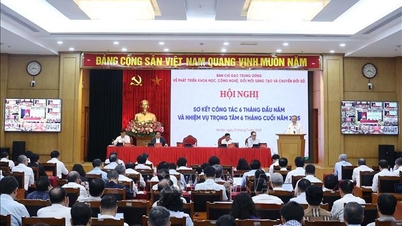

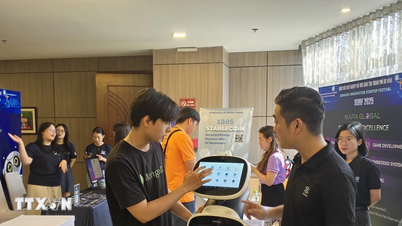



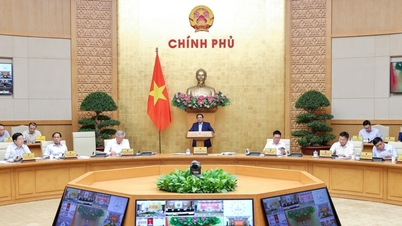

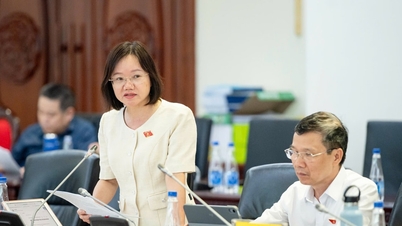

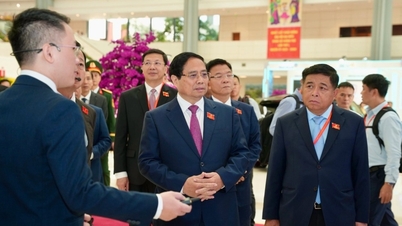

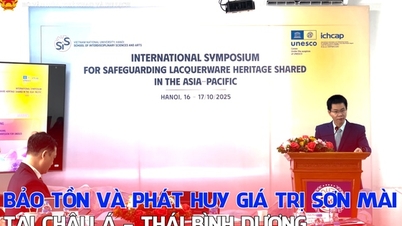

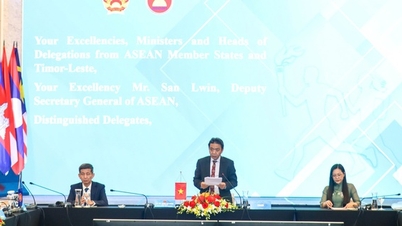
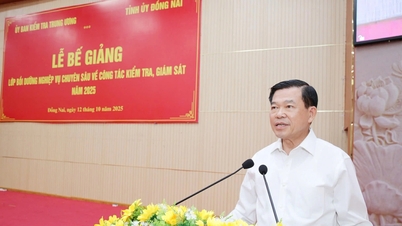


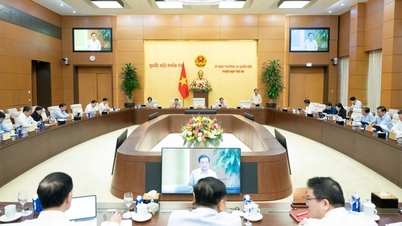
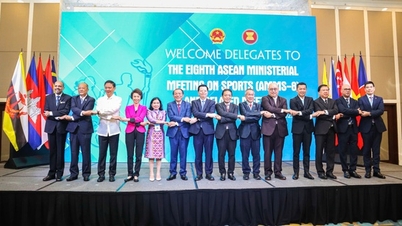




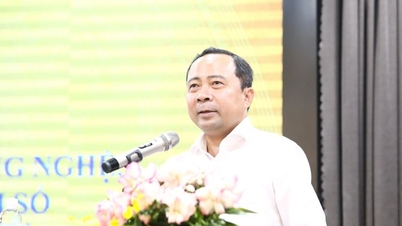

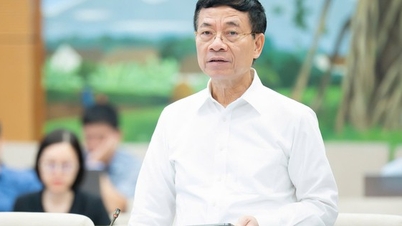
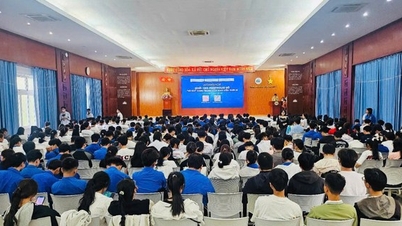
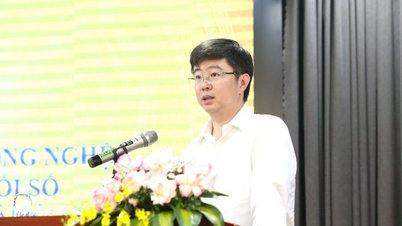









![[Video] TripAdvisor honors many famous attractions of Ninh Binh](https://vphoto.vietnam.vn/thumb/402x226/vietnam/resource/IMAGE/2025/10/16/1760574721908_vinh-danh-ninh-binh-7368-jpg.webp)


























![[Photo] Nhan Dan Newspaper launches “Fatherland in the Heart: The Concert Film”](https://vphoto.vietnam.vn/thumb/402x226/vietnam/resource/IMAGE/2025/10/16/1760622132545_thiet-ke-chua-co-ten-36-png.webp)

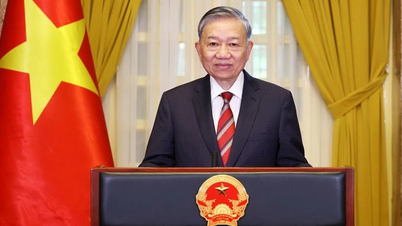



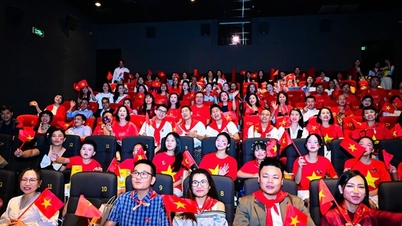
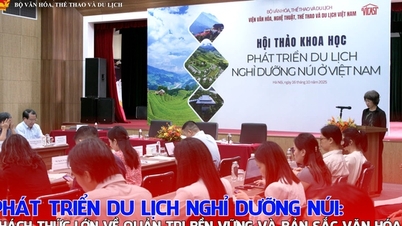
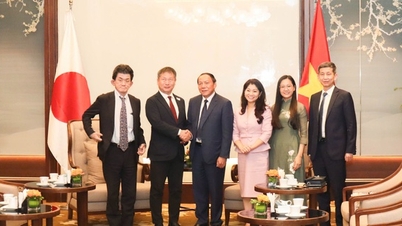
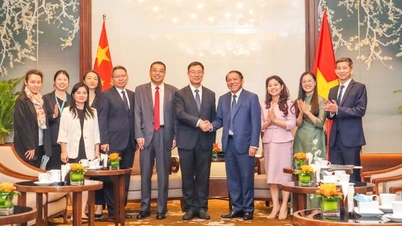




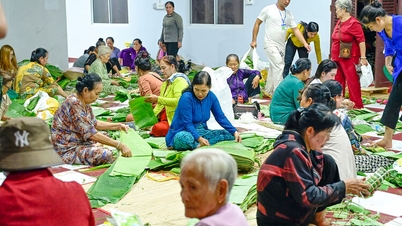



















Comment (0)